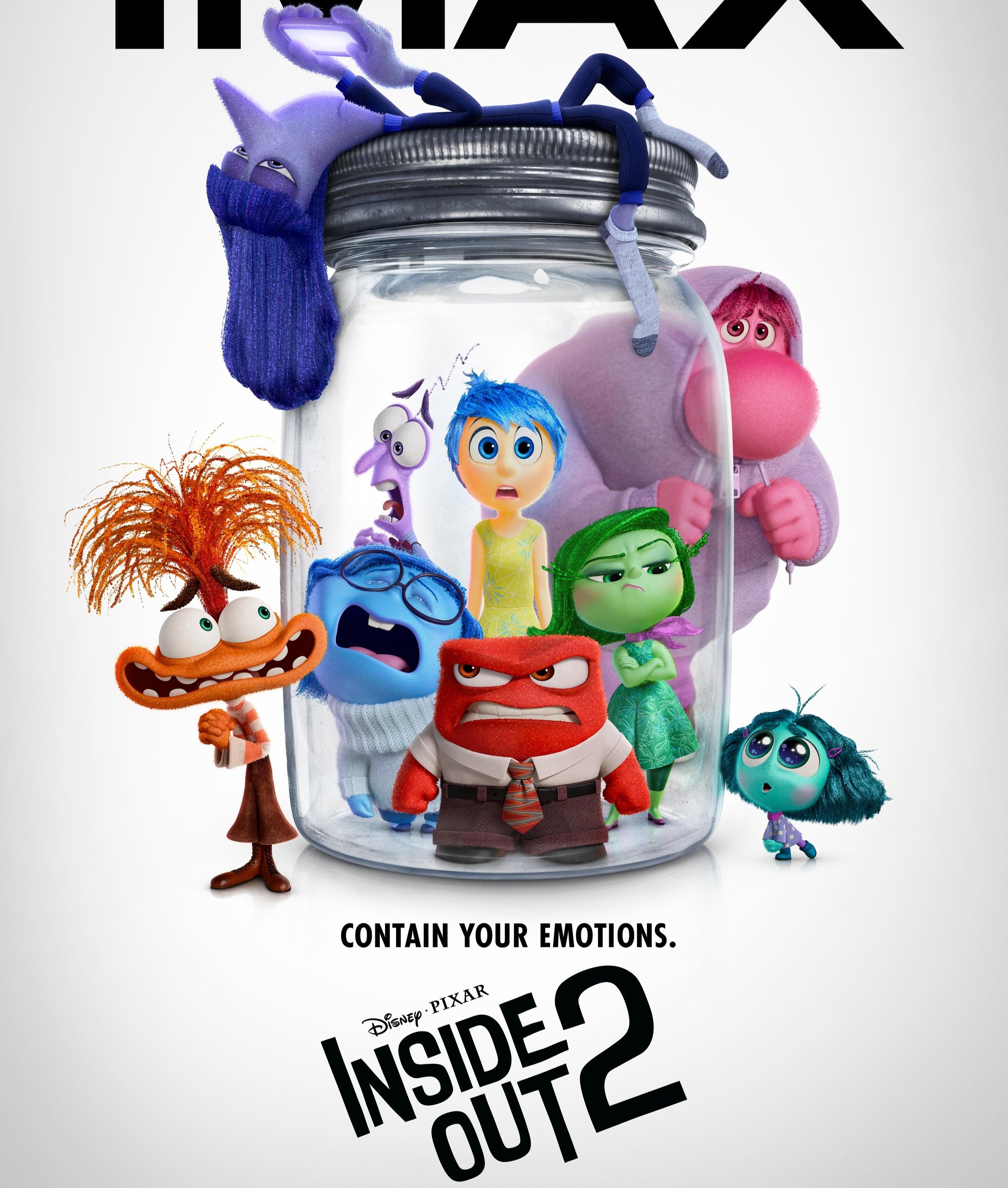Turning Red

Pixar continue their run of great films that explore real life growing pains through the medium of fantasy, with this charming, humorous and heartfelt tale of a 13-year-old girl who’s trying to find her own identity and escape the shadow of her overprotective mother.
Premise: Mei (voiced by Rosalie Chiang) is a typical 13-year-old girl who has found a close-knit group of friends and is just beginning to notice boys – not that her overprotective mother (voiced by Sandra Oh) is ready to acknowledge any of that. But unlike most 13-year-old girls, Mei wakes up one morning to find that she now changes into a giant red panda every time she gets emotional.
Review:
As metaphors go, having a character turn into a giant, hairy, emotional (and smelly) animal when they turn 13 is not exactly a subtle metaphor for puberty. In the movie, Mei’s transformation into a giant red panda is the result of a magical ritual performed by her ancient ancestor, but as the transformation only affects the female members of her family, it’s not a huge leap to see Turning Red as a metaphor for menstruation specifically. But despite the superficially obvious parallels, Turning Red is actually a surprisingly layered allegory for the wider trials of adolescence.
Much of this is achieved by the way in which the film focuses on Mei’s growing pains separately from her magical transformation. Some great early scenes establish Mei’s bonds with her friends (which her mother doesn’t understand), her first crush (which her mother doesn’t understand), and her infatuation with fictional boyband 4*Town (which her mother doesn’t … well, you get the picture). It also paints a fully realised picture of a girl who’s torn between who she was (the straight-A student who spends all her free time working in the family business) and who she’s on the verge of becoming (someone who wants to see their friends outside of school, and go to their first concert).
“…the changing dynamics in the mother/daughter relationship is the heart of the film…”
Equally, the dynamic between Mei and her mother never feels two-dimensional, even in the broader comedy moments. As oblivious as she is to Mei’s changing interests, Mei’s mother is, in her own overprotective way, always doing what she thinks is best for her daughter. Ultimately (and without getting into “spoilers”), it’s the changing dynamics in this mother/daughter relationship which is the heart of Turning Red, not the magical transformations.
That said, the beauty of Turning Red is that, like Pixar’s Luca last year, younger children can enjoy the film for its fantasy elements while the puberty-related subtext sails over their heads. In this regard, there’s tonnes for younger children to enjoy in the panda-centric sequences, and there’s plenty of humour throughout the film that should appeal to viewers of all ages. So in this respect, viewers of any age can choose to ignore or embrace the subtext as much as they want to, as the film works perfectly well on a “surface” level about a teenager who turns into a magical creature when she becomes emotional.
“…older children will hopefully find plenty that they can relate to, and seeing how Mei grapples with her issues may help them…”
But slightly older children, especially those who might be on the cusp of puberty themselves, will hopefully find plenty that they can relate to in Mei and her friends, and hopefully, seeing how Mei grapples with her changing body, changing emotions, and changing interests will help them with their own journeys through adolescence. The central messages of Turning Red are that change can be a scary but ultimately rewarding process, that incorporating different aspects of your personality into your sense of identity is all part of growing up, and that your parents are only human themselves and that despite their love and best intentions, they can make mistakes. These messages are delivered in a reasonably subtle way (that won’t weigh the film down for younger viewers), but hopefully, they will resonate with slightly older children who are beginning to deal with some of these issues themselves.
That said, these messages and themes never get in the way of telling a good – and very entertaining – story. The film’s sense of humour is very accessible, and there were a number of moments that made me chuckle out loud – but there are also some more unexpected creative choices, like the decision to set the film in 2002 (I still don’t know why they chose to do that?), or the fact that they actually got Billie Eilish and Finneas O'Connell to write the (very catchy) pop songs for the fictional boyband 4*Town.
“…a film that has something to offer everyone…”
In these days where the importance of representation is (rightly) acknowledged, it’s also worth mentioning that director and co-writer Domee Shi (who had already won the Oscar for Best Animated Short Film in 2019 for Bao) is the first woman to solo direct a Pixar film, and the film’s culturally-appropriate cast is led by the relatively unknown teenage actor Rosalie Chiang, who is absolutely superb in the lead role as Mei.
But the themes and stories in Turning Red are universal ones, and this is – like many of the other Pixar films before it – a film that has something to offer everyone, and that can be enjoyed by viewers of all ages.







